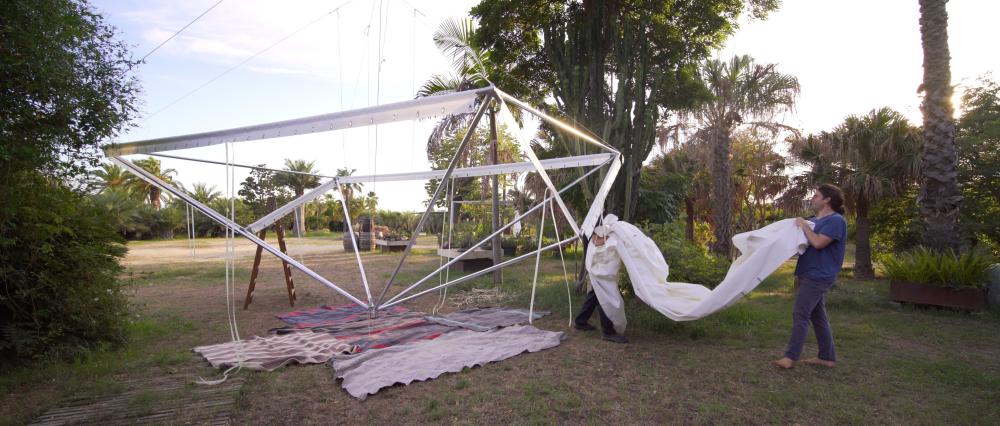Collective Urban Infrastructures in Houston

POST Houston, Level 1
401 Franklin Street
Houston, TX 77201
Free to the public. RSVP requested.
In recent years, our social, natural, and built environment has been subject to multiple transformations and pressures challenging the future of a complex world with limited natural resources. Climate change is no longer a theory anticipated by visionaries or experts from various disciplines, but rather an evident reality. Added to this is the extreme difficulty in facilitating equitable access to green areas and collective spaces for social interaction, or healthy food for all. This critical situation reflects the failure of public policies and institutions to respond to a challenge of colossal dimensions and unforeseeable consequences. On the other hand, paradoxically, we are at a peak moment in scientific and technological development. Undoubtedly, these advances allow us to face many of the problems that beset us with reasonable optimism.
Our city, Houston, exemplifies the best and worst of this global dichotomy.
Houston has recently suffered from hurricanes, winter storms, and pandemics. In addition, our community faces significant difficulties in having equitable access to healthy food and sustainable consumption of energy and resources. However, in addition to oil and gas, both solar energy and storm water are resources that we have in abundance and therefore an important source of energy to articulate sustainable strategies for the construction of a healthy and balanced built environment for all. Besides, Houston, as a diverse city and a leader in multiple areas of innovation, has the material and intellectual capacities to lead a new paradigm in urban growth at the local and global scale.
The purpose of our installation “Building Ecologies” is to propose new models of urban infrastructures and collective spaces for social interaction based on the integration of multiple architectural, technological, and ecological systems. Accordingly, this intervention is the result of a collaborative and interdisciplinary research model at Rice University involving the School of Architecture, the Department of Civil and Environmental Engineering, and the Shepherd School of Music, as well as the support of the Carbon Hub initiative.
The exhibited modular installation lends itself to operating as a prototypical flexible module that is able to be deployed onto any pre-existing urban rooftop or public area. The modular system is fundamentally comprised of post-tensioned hollow ceramic pieces acting as structural columns and water collectors, a modular ceramic floor system elevated on pedestals, and a water collector membrane system—a light-weight tensile membrane structure—that captures and cleans rainwater through its expansive surface, carries it through the hollow ceramic columns, from which it is diverted to pipes below the ceramic floor for irrigation purposes. The water management system generated by the proposal would work to alleviate the effects of flooding and drought through storage as well as release and reduce runoff by capturing water and redirecting it into irrigation tanks. The materiality of the modular columns, with their high thermal inertia, also provides energy-saving cooling benefits. Finally, the system incorporates soil as an essential material, that serves to absorb water and grow food for the community. The resulting hybrid prototype integrates food, energy, and water infrastructures into a minimum loss and minimum waste circular system while helping to foster a sense of community and social interaction.
Juan José Castellón

